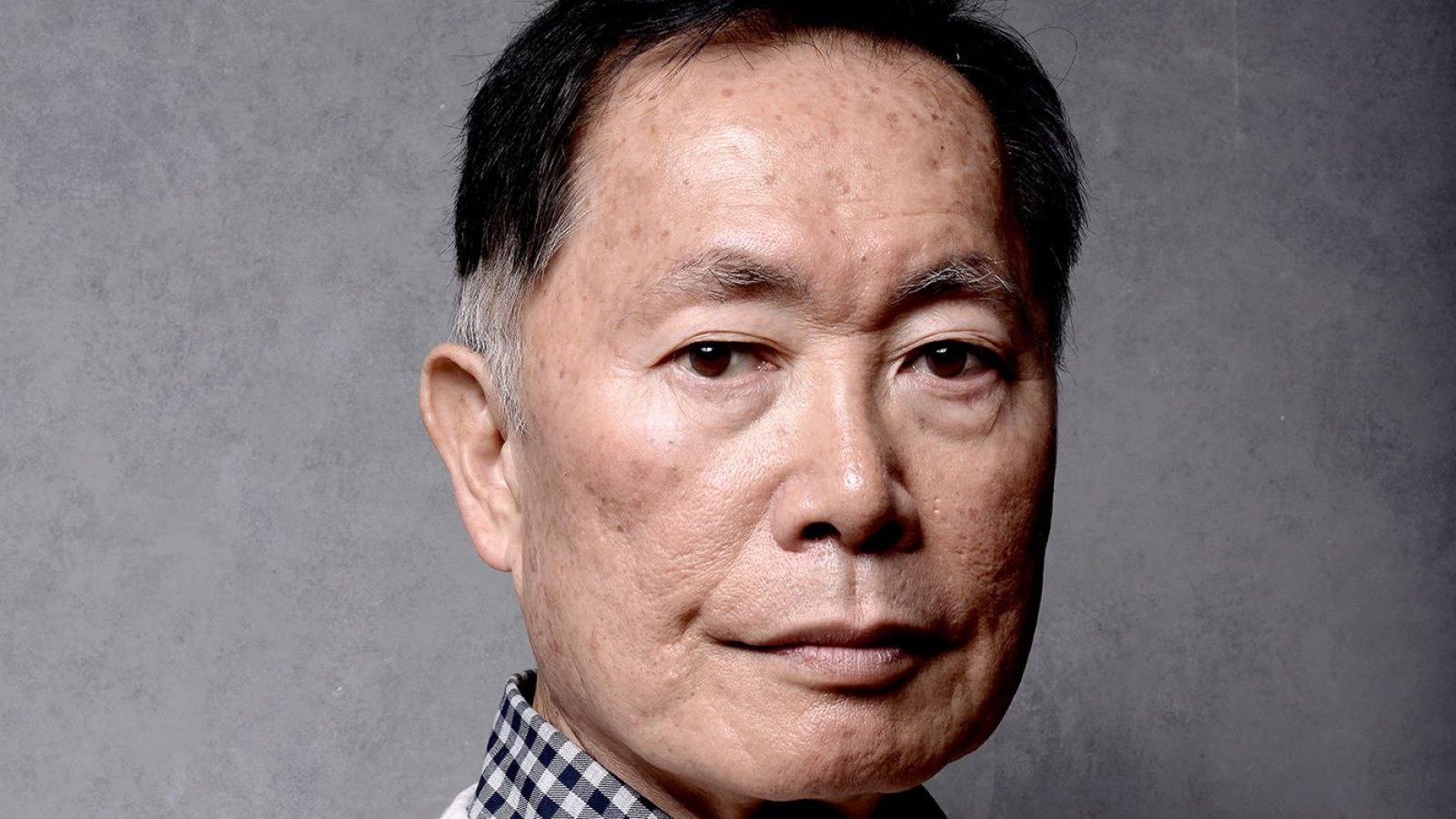George Takei penned a powerful essay for The Washington Post about his family’s internment during World War II and urged the United States to avoid repeating history and doing the same to Muslims.
The 79-year-old actor and writer said he felt compelled to speak out after recent comments by president-elect Donald Trump surrogate Carl Higbie, who cited the internment camps for Japanese Americans as “precedent” for creating a registry of Muslim citizens.
"I was just a child of 5 when we were forced at gunpoint from our home and sent first to live in a horse stable at a local race track, a family of five crammed into a single smelly stall. It was a devastating blow to my parents, who had worked so hard to buy a house and raise a family in Los Angeles,” Takei wrote on Friday, November 18. "After several weeks, they sent us much farther away, 1,000 miles to the east by rail car, the blinds of our train cars pulled for our own protection, they said. We disembarked in the fetid swamps of Arkansas at the Rohwer Relocation Center. Really, it was a prison: Armed guards looked down upon us from sentry towers; their guns pointed inward at us; searchlights lit pathways at night. We understood. We were not to leave."
The Star Trek actor explained that he quickly adjusted to the new life. "My parents did their best to make life seem normal,” he wrote. "As a child, I very readily accepted our new circumstance and adjusted to it. As far as I was concerned, it was normal to line up to use the common latrine, or to eat wretched grub in a common mess hall, prisoners in our own country.”
It was only later that Takei realized the injustice that he had suffered. "As I studied civics and government in school, I came to see the internment as an assault not only upon an entire group of Americans, but upon the Constitution itself — how its guarantees of due process and equal protection had been decimated by forces of fear and prejudice unleashed by unscrupulous politicians. It had been a Democratic administration at the time, under Franklin D. Roosevelt, that had ordered us to the camps, proving that demagoguery and race-baiting knows no party.”
The director said that Higbie’s words “reopened very old and very deep wounds” of the 120,000 people who lost their freedoms because of their ethnicity. “Let us all be clear: ’National security’ must never again be permitted to justify wholesale denial of constitutional rights and protections,” he wrote. "It begins with profiling and with registries, but as Trump and Higbie have made clear, once the safety of the country is at stake, all safeguards are off. In their world, national security justifies actions that are 'sometimes not right,' and no one really can guarantee where it will end."
Higbie first brought up the Japanese American internment camps during an appearance on Megyn Kelly’s Fox News show on Wednesday, November 16. “We’ve done it based on race, we’ve done it based on religion, we’ve done it based on region,” he said. “We’ve done it with Iran back a while ago. We did it during World War II with the Japanese.”
Kelly looked incredulous and asked if he was proposing interment camps for Muslims. “I’m not proposing that at all,” Higbie responded, “but I’m just saying there is precedent for it. … The president needs to protect America first and if that means having people that are not protected under our constitution have some sort of registry so we can understand — until we can identify the true threat and where it’s coming from, I support it."


